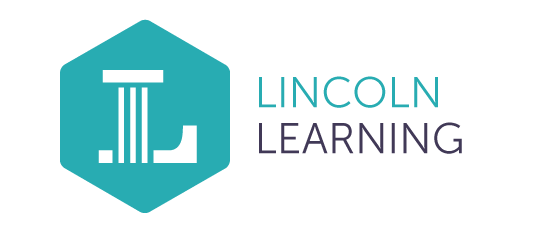In the evolving landscape of modern education, there's a significant move towards differentiated learning. Recognizing that no two students are alike, educators are innovating their teaching methods to cater to the myriad of learning styles, interests, and abilities within the classroom.
While differentiated learning holds immense potential to elevate the educational experience, implementing it can pose challenges. A primary obstacle is sourcing teaching content that addresses the diverse learning needs in a classroom. This is where the Lincoln Content Bank steps in, offering a streamlined path to value-driven learning material.
The Impact on Education
Differentiated learning has become a cornerstone of effective teaching, acknowledging that students enter classrooms with diverse backgrounds, abilities, and interests. Many educators, recognizing the profound benefits of differentiated learning, have been quick to adopt this approach. The benefits include:
- Enhanced Student Engagement: By recognizing and addressing individual learning styles, differentiated instruction makes education more relevant and engaging for each student, leading to higher levels of participation and enthusiasm.
- Tailored Feedback: Educators are equipped to provide specific, meaningful feedback that aligns with each student's unique capabilities and learning journey, fostering growth and understanding.
- Empowered Learning Environment: In a classroom where differentiated learning is practiced, all students feel seen and supported, contributing to an inclusive atmosphere where everyone has the opportunity to succeed.
Given these insights, it becomes evident that the shift toward differentiated learning is not merely a trend but a necessity. As classrooms become more diverse in terms of student needs and abilities, the call for tailored instruction becomes more pronounced.

Adapting to Differentiation
Implementing differentiated instruction is a progressive step forward in education, but it also introduces distinct challenges:
- Time: Designing lesson plans to cater to various learning styles can be time-intensive, especially in large classrooms.
- Teacher Training: A shift to a differentiated approach requires significant teacher training, a resource-demanding endeavor.
- Student Transition: Students familiar with traditional methods might initially find the shift to differentiated experiences challenging.
Choosing the Right Technology
Numerous tech tools promise to support differentiated learning, but discerning their efficacy is crucial. When evaluating technology for your classroom, consider:
- Content Variety and Quality: Does the tool offer a wide range of high-quality educational materials suitable for diverse learning needs and styles?
- Flexibility: Can it accommodate the myriad of learning styles and abilities in your classroom?
- Integration: Does it mesh well with your existing classroom ecosystem, allowing easy tracking and compatibility with the curriculum?
Bob Clements, CEO of Lincoln Learning Solutions, underscores the need for "a user-friendly tool that supports differentiated learning experiences, fully tapping into each student's potential."
Revolutionizing Differentiated Learning
In response to educators’ needs, Lincoln Learning Solutions, in collaboration with Amazon Web Services (AWS), developed the Lincoln Content Bank. This innovative tool empowers educators to efficiently tailor teaching materials for all grade levels from EK through 12th grade.
Compatibility is paramount, with the Lincoln Content Bank integrating seamlessly with learning management systems like Canvas, Buzz, and Schoology. Offering access to nearly 110,000 rigorously vetted, standards-aligned resources, this content bank stands unparalleled in bolstering differentiated learning environments.
Harnessing the Power of the Lincoln Content Bank
This revolutionary content bank tackles the challenges of differentiated learning by:
- Bridging Learning Gaps: Teachers can find resources tailored to diverse learning profiles within the classroom.
- Challenging Students: Discover advanced materials to keep all students engaged, regardless of their learning level.
- Supporting Educational Plans: The extensive content range can align with various educational frameworks, ensuring holistic support.
- Monitoring Progress: Integration with existing systems allows for efficient tracking, providing real-time insights.
Annmarie Lehner, AWS's K-12 Business Development & Strategy Leader, reflects on this ground-breaking initiative, stating, "We eagerly anticipate how K-12 school districts can leverage this tool to personalize student learning within leading learning management systems, ultimately improving student success outcomes and shaping a bright future for our students."
The Future of Differentiated Learning
With the changing demands of education, tools like the Lincoln Content Bank equip educators with invaluable resources to enhance differentiated learning experiences. By harnessing technology adept at supporting differentiation, educators are better positioned to ensure every student achieves academic success and personal growth.
In conclusion, differentiated learning is not just a mere educational strategy but a commitment to understanding and catering to each student's unique learning profile. The Lincoln Content Bank is an invaluable ally in this transformative journey, poised to redefine success for countless students in the coming years.


